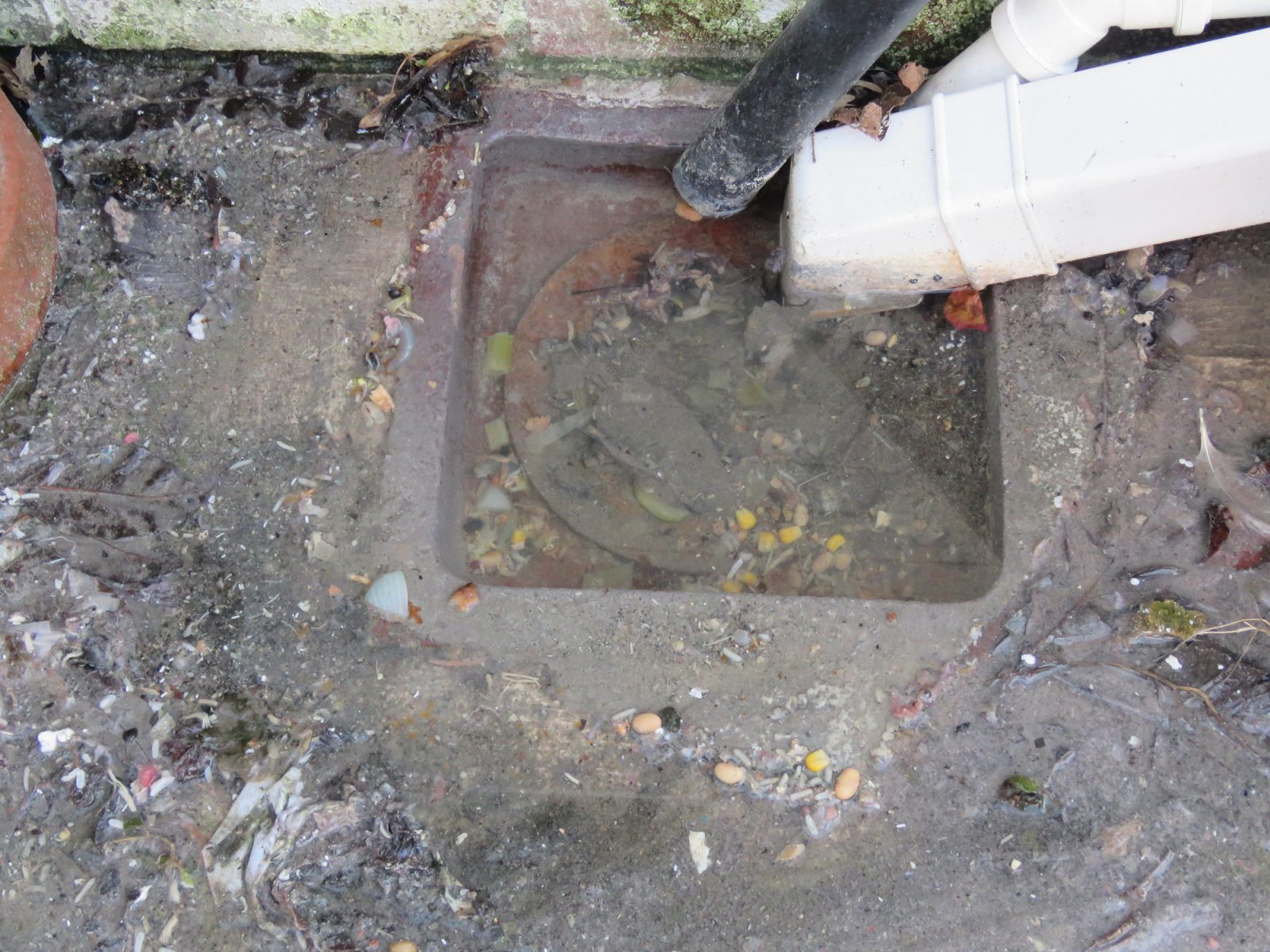What To Do In A Drainage Emergency
It can be difficult to know exactly what to do in the event of a drainage emergency, but fear not, as there are some things you can do before you call out the help of a trained and qualified professional. Blocked drains and wastewater flooding are among the most common issues you can experience when it comes to drainage emergencies. Here’s what you can do in the event of a drainage emergency.

Fixing a blocked drain in an emergency
- Check to see if the nearest manhole is blocked, or check with a neighbour to determine whether they’re having the same issue.
- If you find that the public, council owned manhole is blocked, then get in touch with them, they will send out contractors to fix the problem as soon as they can. If the blocked drain or sewer is privately owned, then you may need to call out a specialist drainage expert, our team here at Power Rod are always on hand to help.
- If your blocked drain is causing wastewater flooding, then you will need to take the following steps in order to keep the situation under control:
- Wash any footwear that has come into contact with the contaminated area, with a mild disinfectant
- Keep children and pets away
- Wear gloves when attempting to clear the area and watch out for sharp objects
- Always wash your hands
- In the event that you feel unwell after rectifying the problem, contact your local GP
- Call an electrician to inspect all circuits that may have flooded or electrical equipment that were in the area
4. Once you have the situation under control, the time has now come to hire a drainage clearance expert. Our highly trained and fully qualified specialists will rectify the issue in a timely and professional manner, ensuring your drain blockage nightmare comes to an abrupt end.
How to prevent a blocked drain
Thousands of homes across the UK suffer unpleasantness and disruption at the hands of blocked drains and wastewater flooding each year. Sometimes, there’s isn’t always an easy fix, making it a costly problem to rectify, but actually, this is very easily avoidable.
Things you shouldn’t flush down the toilet
The majority of the time, drain blockages are caused by a build-up of debris as a result of flushing inappropriate items down the toilet. Most wastewater pipes are only around four inches (100mm) in diameter, making it difficult for them to carry anything other than the three P’s – Pee, Poo and Paper.
Items which should never be flushed down the toilet include, but are not limited to:
- Cooking oil, fat or grease – this will harden in the pipes, even if poured down the drain with hot, soapy water
- Wet wipes – even ones designed for toilet use
- Garden or food waste
- Nappies and nappy liners
- Female hygiene products
- Plastic bags or wrappers
- Needles and syringes
- Fabric or rags
- Plaster or pieces of cement
- Condoms
- Multipurpose wipes
- Cat litter
- Cotton wool, pads or buds
- Paint and paint thinner
How to dispose of your waste responsibly
- You should only flush toilet paper down the toilet, everything else must be put in the bin.
- Some local councils provide a food waste bin, this is also for oil, fat and grease, as well as solid food waste. Pour the liquid into a disposable paper cup and add a sheet of kitchen towel to soak up as much as possible. You don’t want the contents to leak out into your bin, as it will subsequently leave a persistent unpleasant smell. This can be placed in the general waste bin too.
- Paint and paint thinners should be taken to a responsible waste management sit or recycling centre.
- Female hygiene products can be disposed of using designated bins that are often provided in public toilet cubicles. When at home, you should wrap the used product in toilet paper or place it in a small plastic bag (you can now buy biodegradable ones) and put it in a general waste bin.
- Needles and syringes should be disposed of in the appropriate bin. A special waste bucket will be provided by your healthcare professionals which should only be used for needles and syringes. The waste will then be collected and incinerated accordingly and responsibly.
Here at Power Rod, we’re a specialist drainage company who are proud to provide fast and effective commercial and domestic services throughout Hemel Hempstead, St Albans, Stevenage, Milton Keynes, Watford and Welwyn Garden City. If you’re on the lookout for prompt and reliable emergency drainage clearance services, then get in touch with us today – we’re always happy to help.






